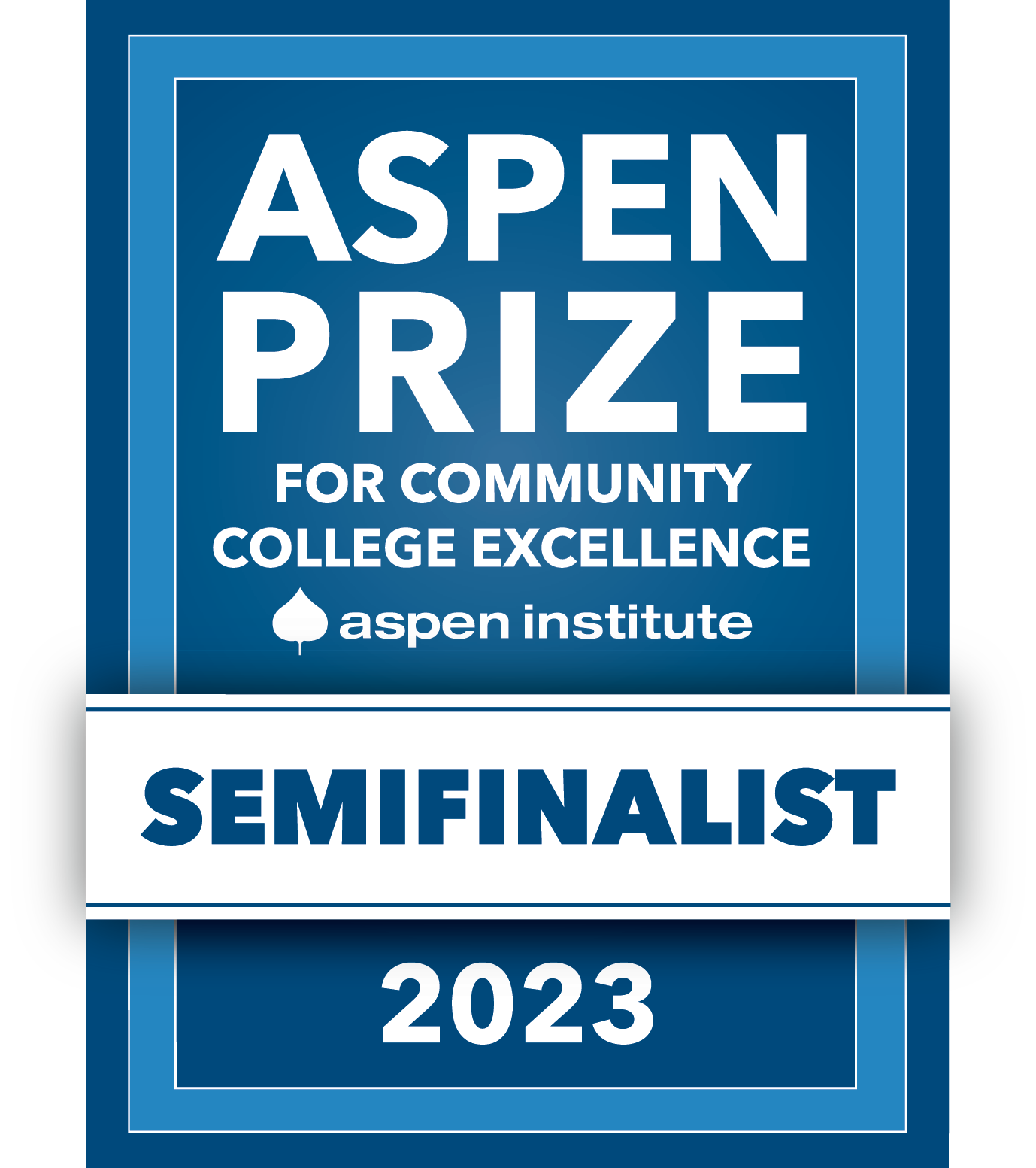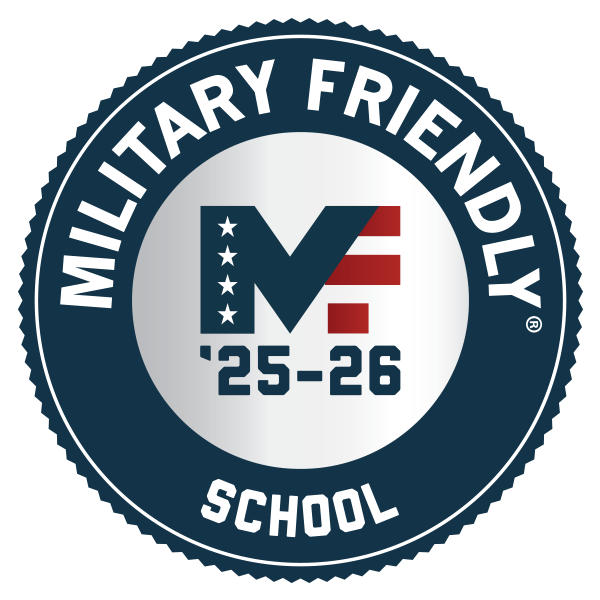 Distance Learning Options at SFSC
Distance Learning Options at SFSC
The revolution in communications and information technology is making it possible for South Florida State College students to receive instruction through a variety of technologies.
A student pursuing an Associate in Arts degree can take all of their courses online, the same is true for the Bachelor of Applied Science in Supervision and Management. There are also many Associate in Science degree courses available electronically. Online courses are listed in the class schedule.
Types of Distance Learning as SFSC
Distance learning courses consist of synchronous and asynchronous activities. They are available to any SFSC or transient student in good standing who has access to a computer and any required hardware or software. Online courses provide an alternative to traditional classroom instruction and cover a broad range of topics.
Method |
What does it mean? |
Online (VC) |
Online courses require students to log into Brightspace and use the platform to discover assignments, submit work, and participate in discussions by the deadlines set forth by the instructor. Your schedule will say TBA in the Time column to signify that there is no assigned time for the class. It will also have Web/Internet in the Schedule Type column. |
Live Online/Synchronous (VC) |
Live Online or Synchronous courses take place online using a platform like Zoom where the student is required to log in at a certain class time. The instructor will give live lectures online and request virtual participation from students. Your schedule will have a time listed in the Time column to signify that you are expected to log in at that time and remain logged in for the entire class period. It will also have Zoom in the Building column. |
Hybrid (HB)/Hybrid-Flexible |
A hybrid course is when 30-79% of the direct instruction of the course section is delivered using technology, where the student and instructor are separated by time, space, or both. There is a requirement for students in a hybrid course section to attend some classes in a physical location. A hybrid-flexible course section makes all course content available for both classroom (face-to-face) and distance learning (online) experiences. Students in a hybrid-flexible course section may choose to participate using face-to-face methods, online methods, or a combination of both methods based on preference. |
Directed/Special Independent Study
Students may take some college courses (not including preparatory courses) through Directed Independent Study (DIS) or Special Independent Study (SIS). If you wish to do so, obtain a request form from the Office of the Registrar and submit it to the appropriate chairperson or dean. Upon their approval, an instructor is assigned to direct the independent study course, and the student registers for it in a regular manner.
DIS courses allow the student to pursue particular topics within a specific academic discipline under the guidance of a qualified instructor.
SIS courses are permitted under these circumstances:
- A course was canceled due to insufficient enrollment
- The student is unable to register for a needed regularly offered class because of medical reasons
- The student has experienced an unexpected job transfer
- The student is in his/her last term and a course required for graduation is not being offered.
Students may complete a maximum of 15 hours of coursework through independent study.
The instructor specifies the requirements that the student must complete, including tests, periodic class attendance, and term papers.
The college’s regular grading system applies. Independent study grades have the same status as those acquired through regular class attendance.
Resources for Distance Learning Students
Students may enroll in courses delivered through various distance learning formats at SFSC. Speak with an advisor to determine if distance learning courses are a good fit for you.
As a distance learning student, you may enroll in courses at SFSC or at another college or university. You will be able to complete the course at a time or location that is most convenient for you. You can receive advice from your SFSC advisor or counselor and your SFSC financial aid counselor before registering for any courses at other institutions as this may affect your financial aid, program completion, and graduation.







